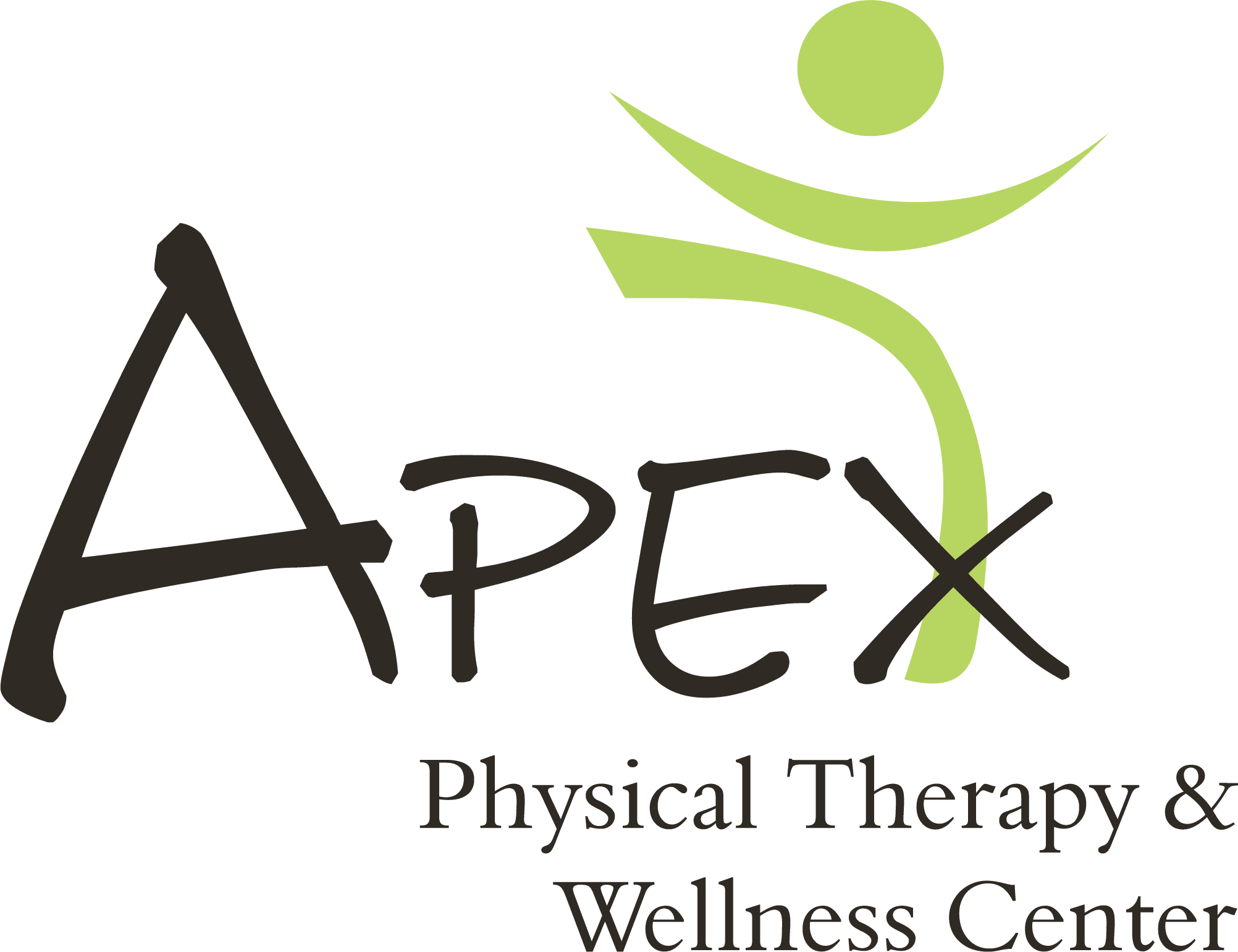ALL YOU NEED IS PROTEIN, RIGHT? WRONG! – NUTRITION FOR INJURY RECOVERY
Nutrition is a key player in staying moving and feeling strong with ample energy!
When recovering from an injury, nutrition needs change. I was fortunate enough to have completed nutrition coaching through Pivot Nutrition with Paige Prestigiacomo, Registered Dietitian, prior to a trail race. Little did I know that I would end up rupturing my Achilles and my nutrition education from Paige would benefit my recovery!

Paige Prestigiacomo, RD, LD from Pivot Nutrition
Paige was gracious enough to provide us with her knowledge and top pointers for injury recovery nutrition.
Nausea and heartburn occur with dysfunction primarily affecting the stomach. There can be several different causes, but commonly ligaments securing the stomach in place can become tight and make it difficult for the stomach to expand to accept the mass of food and pass into the intestines. This creates a high-pressure area in the stomach that forces the chewed-up food backward into the esophagus creating inflammation that we commonly feel as heartburn.
Seeing a DPT is a natural way to relax the ligaments and fascia around the stomach to allow for expansion and digestion to take place. Once the stomach can move freely to break down the food, it can then pass to the intestines for absorption.
The Keys Are;
Don’t Cut Calories During Healing
Don’t plan to cut! Healing demands can increase your calorie needs by 20-100%. If you are fearful of weight gain, the tips below will help you understand what foods to focus on to keep fueling your body.
Carbs are Essential for Energy Recovery
The fear is real for most people, but carbs are your ENERGY source! While you may not be as active post injury, you still need energy to move and heal. High level activity requires more carbs, both complex and simple. Post injury be sure to focus on complex carbs that are rich with fiber.
Protein is Essential for Healing
Wound healing and tissue rebuilding NEED protein. Baseline protein intake should be ~1.4-2.0 g/kg of body weight per day. Post injury this increases to ~1.6-2.5 g/kg of body weight per day. Work with a dietitian to determine what is best for your individual needs- it will take you far!
Fruits and Veggies Aid in Recovery
Always important, but even more post injury. The micronutrients in fruits and veggies (fresh, frozen or dried!) aid in recovery. Be sure to focus on eating a variety of colors to benefit circulatory, lymphatic, and more
Omega-3s for Healing
Prolonged inflammation can prolong healing. Focus on food sources first: chia seeds, tuna, avocado, salmon, flax seeds. Having a hard time incorporating these into your diet? Consider reaching out to a healthcare provider you trust (cue Paige and the team at Pivot Nutrition Coaching) regarding supplement options.
You may not Feel Hungry
Post injury you may not have the feeling of hunger due to pain medications, nausea, or various other factors. Spacing meals/snacks every 3-5 hours can help increase your intake amount to reach the required calories to heal, as well as help regulate blood sugars throughout the day.
This information can be extremely helpful to guide your path to recovery!
From personal experience, there is no better investment than in yourself and your health. If you have more questions or want to learn more check out Pivot Nutrition Coaching and Apex Physical Therapy and Wellness on Facebook or Instagram. It is our passion to help you return to optimal performance after your injury!
